To see “The Painted Bird” turns out to be a real experience, not only from a cinematographic point of view, but also from a human one: a journey around a world that could be set in a dystopic future as much as in the Middle Ages, and a journey of humanity that displays violence, but, to quote the director, only as the frame of a painting made of love.
Love for cinema, love for colors (the black and white), love for a story that speaks about all of us. This picture of love, painted by the director Václav Marhoul and the director of photography Vladimír Smutný, also includes actors the likes of Udo Kier and Barry Pepper, two legends of cinema, who starred in movies like “Melancholia” by Lars Von Trier and “Save Private Ryan” by Stephen Spielberg respectively. Just to mention some of the many, many examples.
A film that is impossible to forget, that makes you not only reason on the film itself but makes you talk about life; after all, what else is cinema, when it succeeds, if not the transposition of reality in the most honest way? And then, when this happens, when the stories of life, the present and the future are blended in a new world, this is the moment when the magic happens and then you find yourself spending time talking to Udo Kier and Barry Pepper about something that goes beyond cinematographic life.
Magic has created “The Painted Bird,” a film that for many people could be one of those for which you stand up and leave the theatre halfway through, but if you look close enough, you’ll find so much beauty in it.
And so, just like that little painted bird which isn’t accepted because it’s different, the film teaches us to spread our wings, to risk, even if it seems a mission impossible, even if the world may not seem ready.
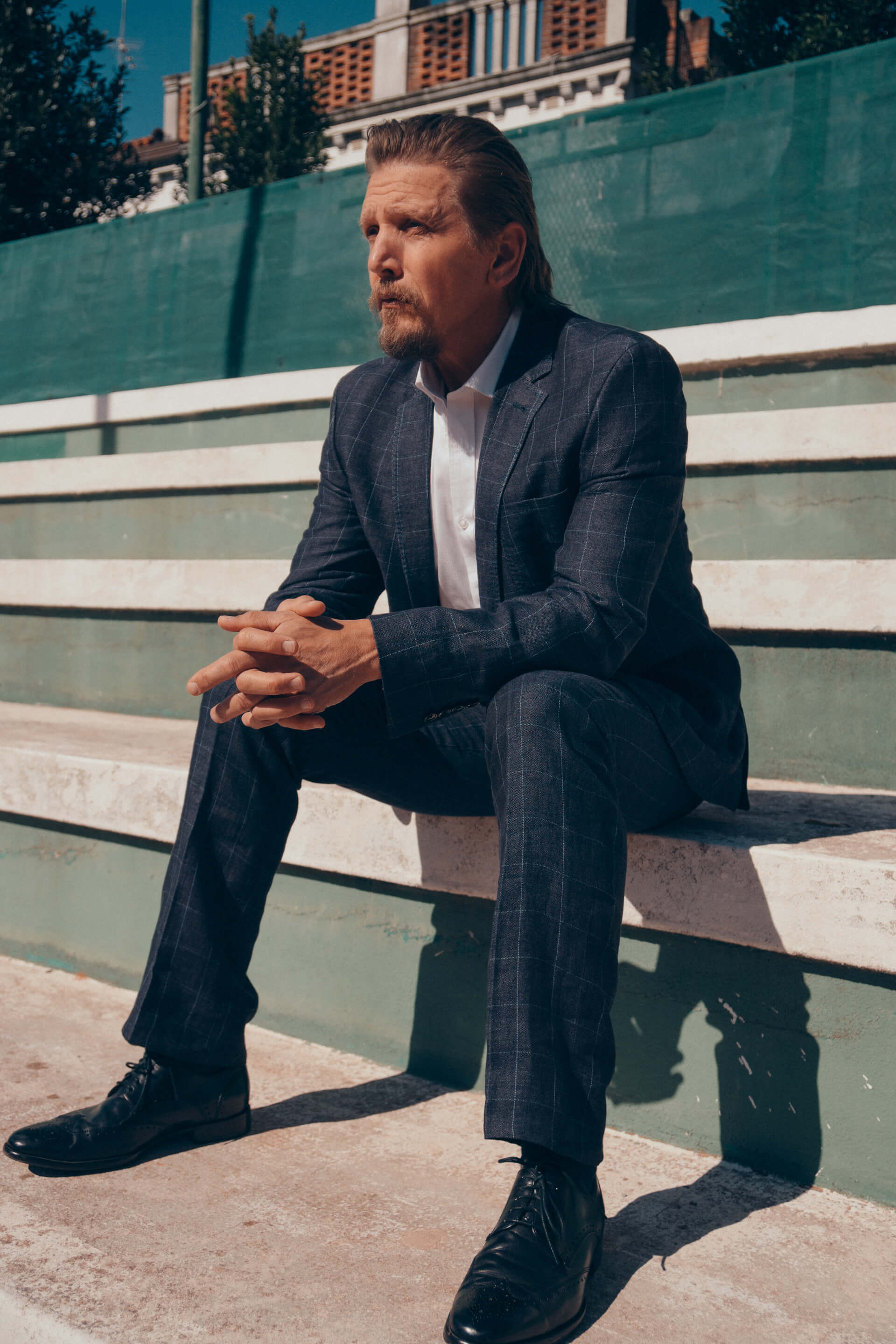
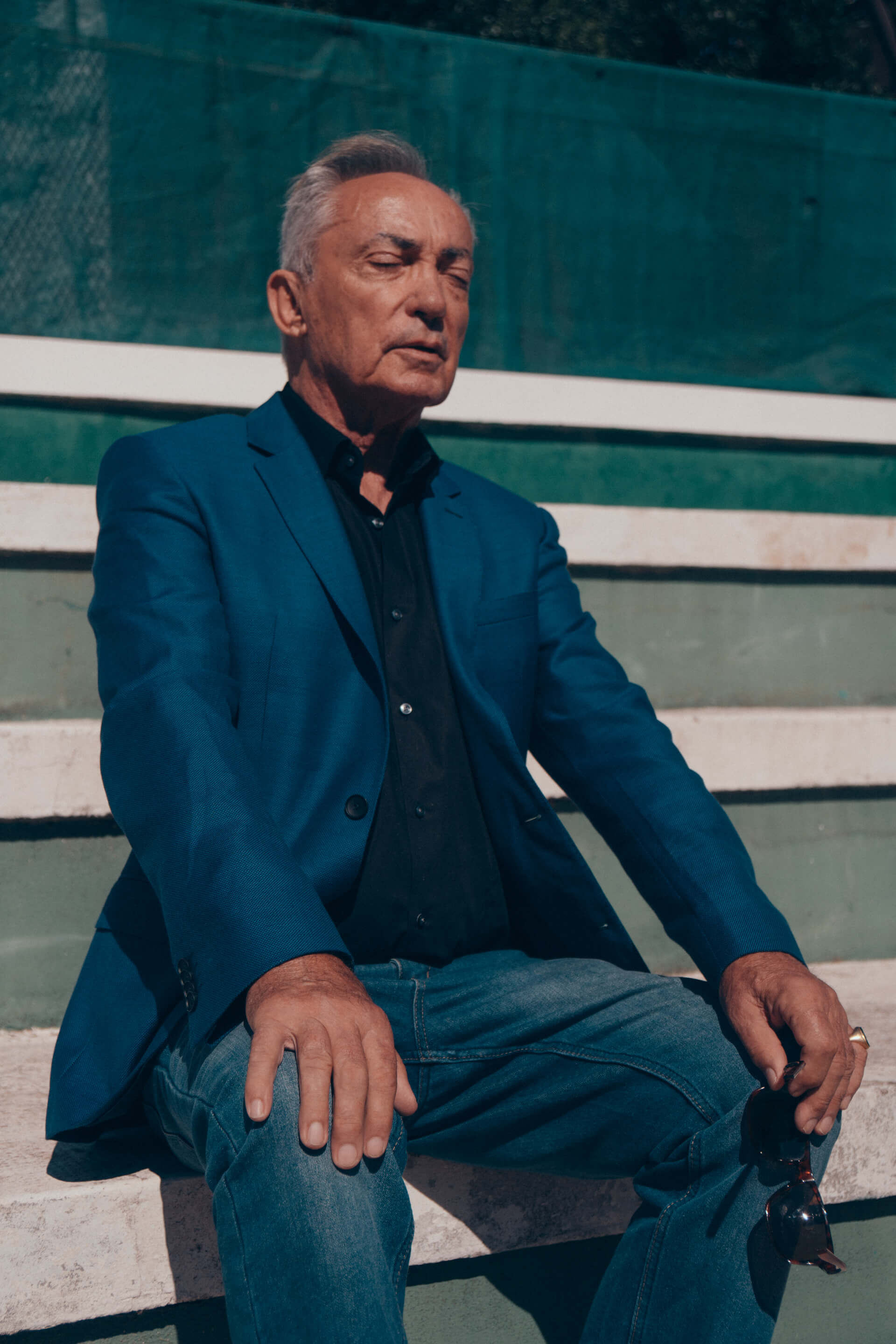
First of all, let me tell you that I really loved the movie.
_______________
B: I’m so glad to hear that, I think you might be the first to actually say that.
U: In a different way.
B: I mean people just didn’t express it in that way, they just said it was so intense and so long.
The film can be kind of disturbing, or better said intense, but for me, it’s a piece of art.
_______________
U: That’s because the young generations forgot what it was all about, concentration camps and all those things. It’s 80 years ago and people forgot what it was.
B: Cinematically there is so much to love in terms of breathability, you allow the audience to breathe these gorgeous environments with the boy just processing, there is not violence happening. You just see the boy in nature walking through the forests or wheat fields, it’s just cinematically stunning. When you said, when we first sat down, that you loved it, I can see how people could love just the visual creation that Václav Marhoul has put together.
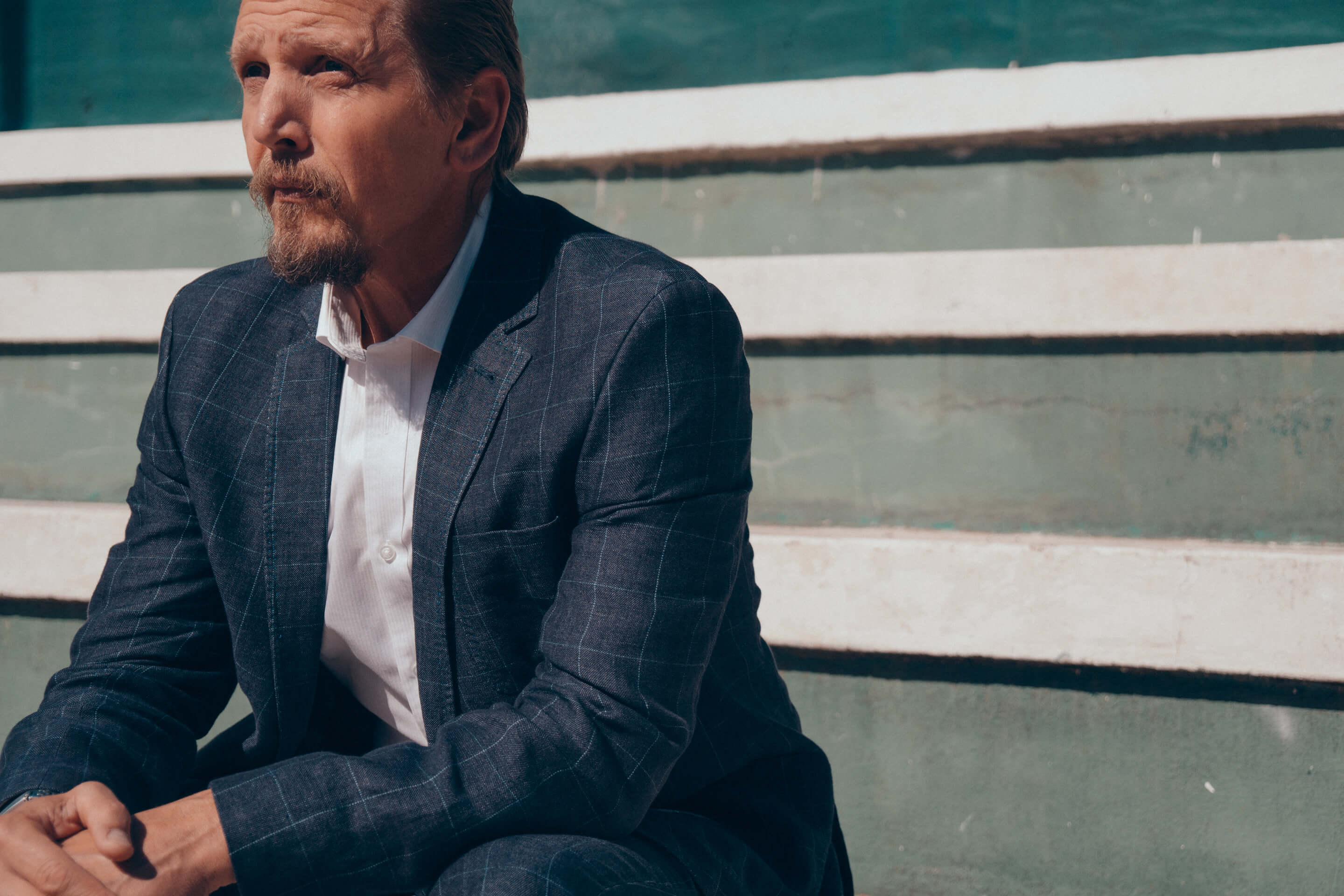
“You just see the boy in nature walking through the forests or wheat fields, it’s just cinematically stunning.”
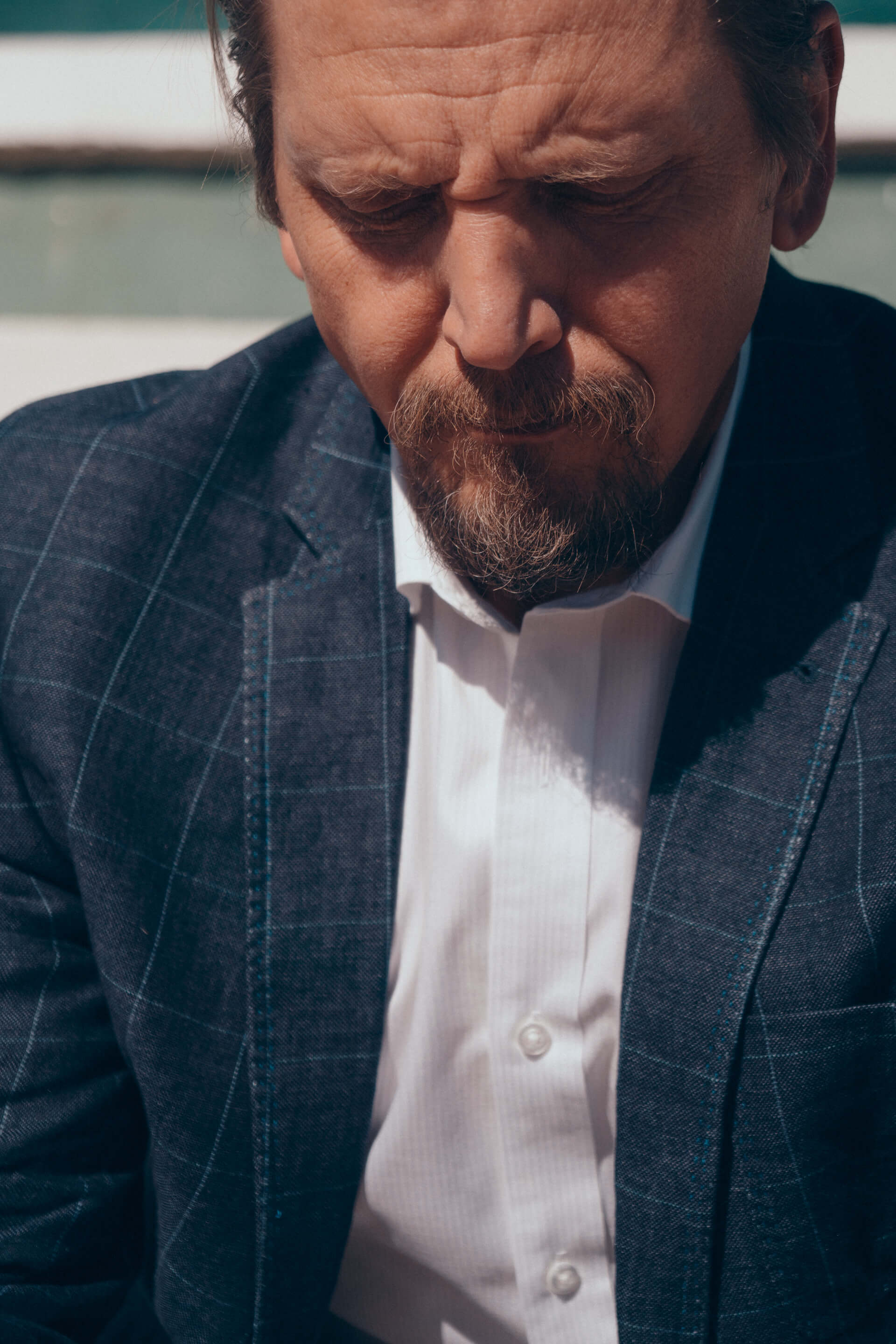
“…the young generations forgot what it was all about…”
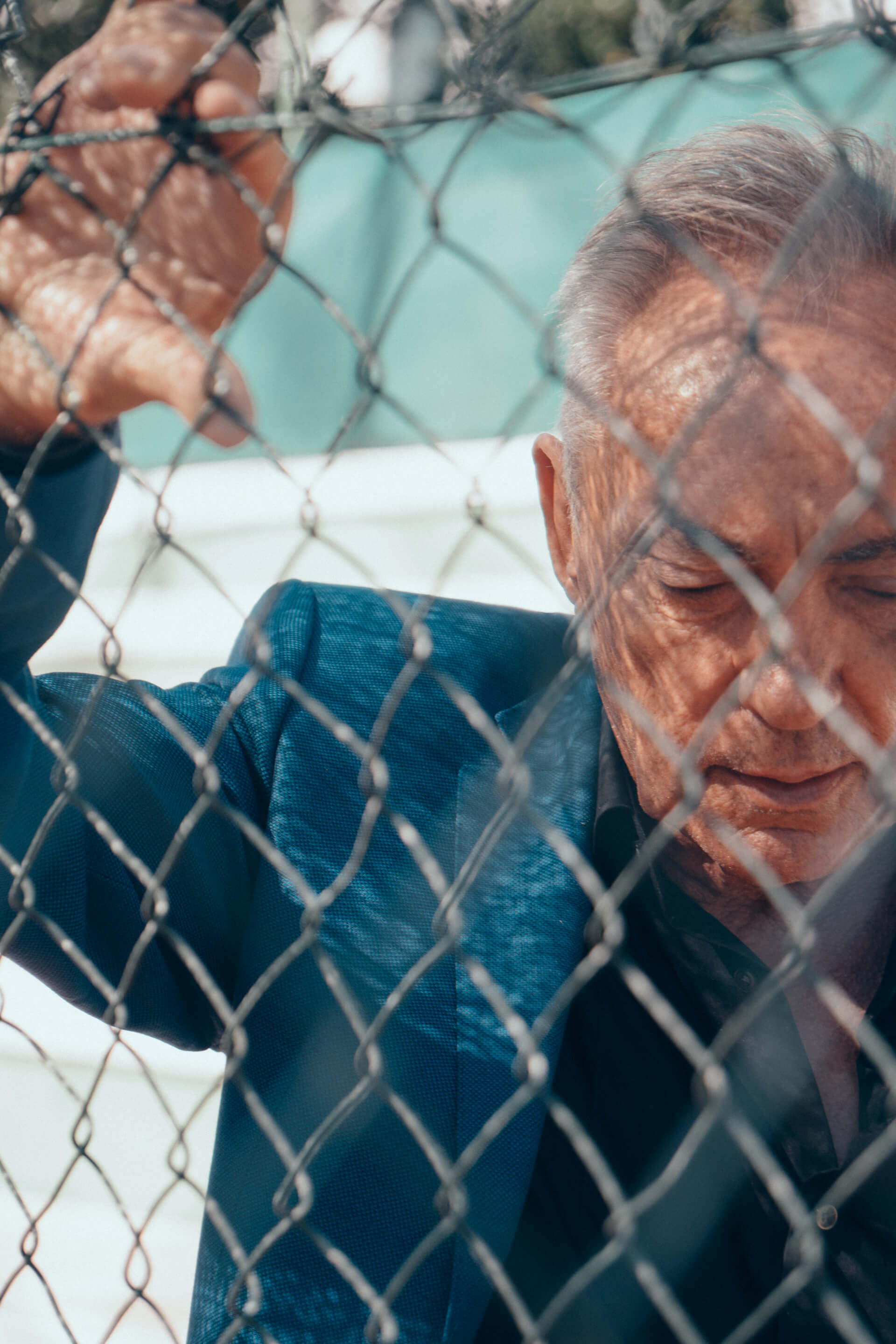
The violence is only a frame to the film which is about love. What’s for each of you the message of love that you feel connected to yourself and the story?
_______________
U: My part, of course, is violent but I love my wife so much that I become violent because I’m jealous that she has an affair with the helper and that’s why I do what I do in the movie. I do this out of love, I don’t do this out of violence, because I want to take his eyes out. At that moment I want to do it so that he doesn’t see my wife anymore.
And what’s interesting is that the boy was brilliant in the movie, he connected us. I don’t have a scene with Stellan Skarsgård, nor I have one with Barry or Harvey Keitel. I went back to America and they said, “how was it with Harvey Keitel?” And I said, “I don’t know.” “What do you mean?” “We all worked separately.”
I liked the film, it’s very difficult to explain it in two sentences. I think it’s a masterpiece, normally when you hear that a film is 2 hours and 50 minutes long, you think about Bernardo Bertolucci, Lars Von Trier, but they are all great directors, so for me, they are allowed to do 2 hours and 50 minutes films.
B: No one blinks at the “Avengers” being 3 hours long, but when it’s a cinematically experience like this, they say, “whoa, 2 hours and 49 minutes,” but to your question of love, in the final leg of the film, when the boy sees his father’s numbers tattoo on his arm, to me it represents the family wanting to shelter him from the tortures of prison camp or internment or whatever they might have gone through as a Jewish family. So, I thought there was beauty in that although the boy couldn’t understand why his family had sent him away, but they were obviously doing it because of the horrors they were facing and didn’t want to have him endured and the fact that he’s able to write his name, in the end, is beautiful.
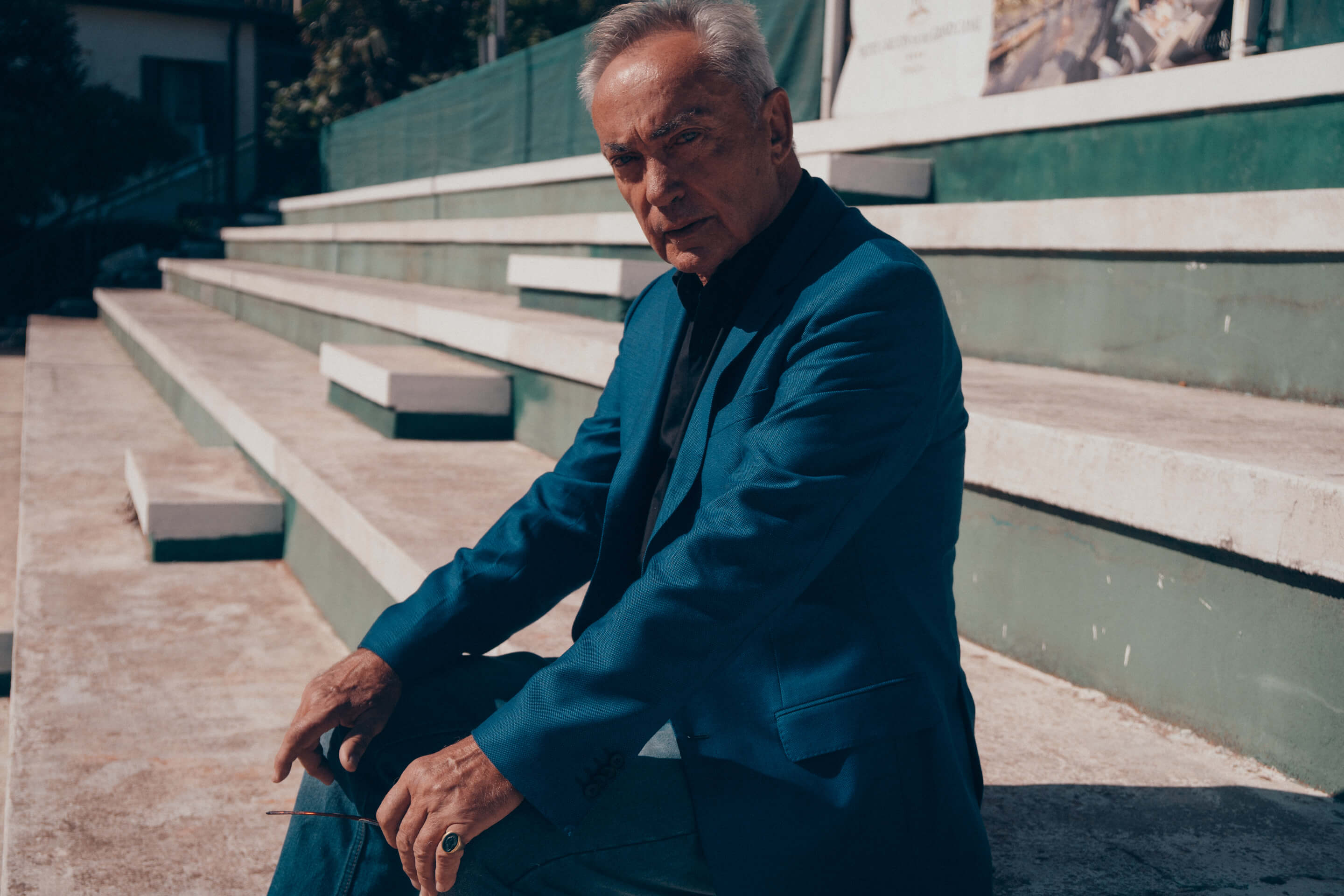
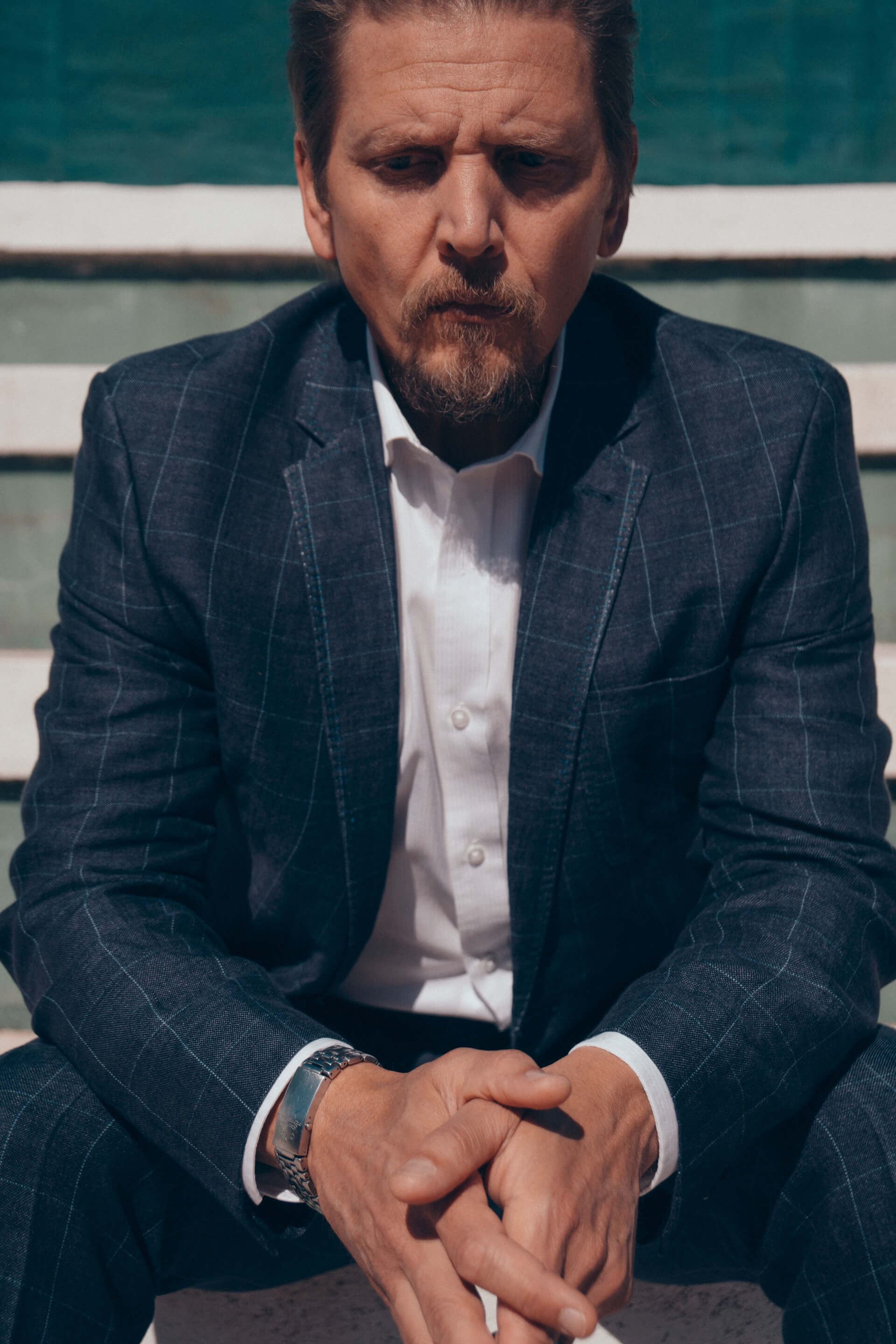
U: I like it too, it’s a beautiful final moment, no name in the film and finally you discover it.
B: Yet the father could never tell the boy, “this is why, I’m so sorry, we did this for you.” He doesn’t say any of it, the boy has just to process and then he sees the numbers and he realizes what his parents had perhaps saved him from and there is a little bit of hope in that to me and love too. Udo can speak of this deeper than I can, but through the story of my relatives that went through the war, they spoke about trying to protect their children from the horrors they experienced in war camps or death camps too. They tried to protect their children by sending them to the countryside or to take shelter in a farm. It’s such a common story you hear, that I identify pretty good with that.
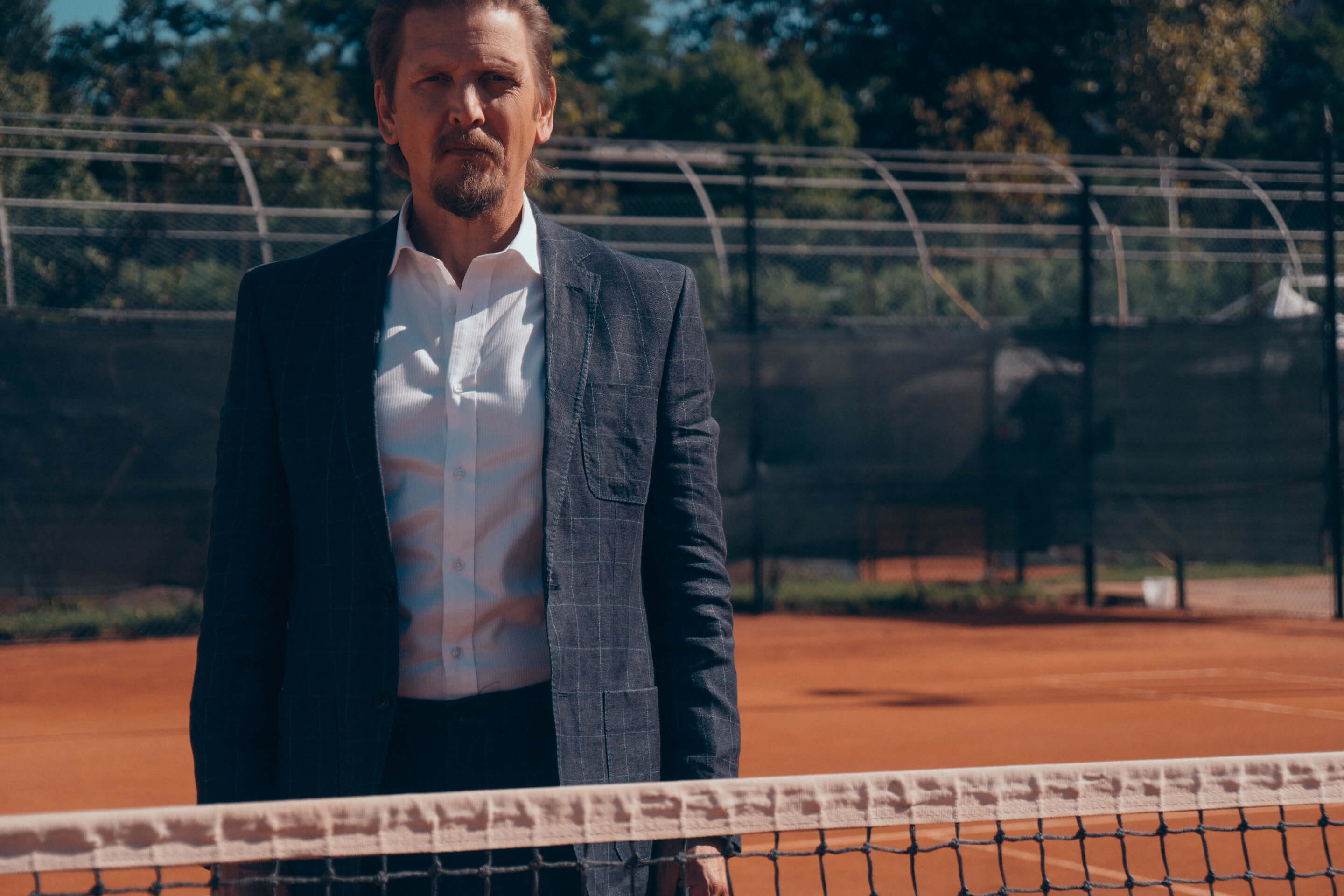
“It’s very difficult to explain it in two sentences. I think it’s a masterpiece.”
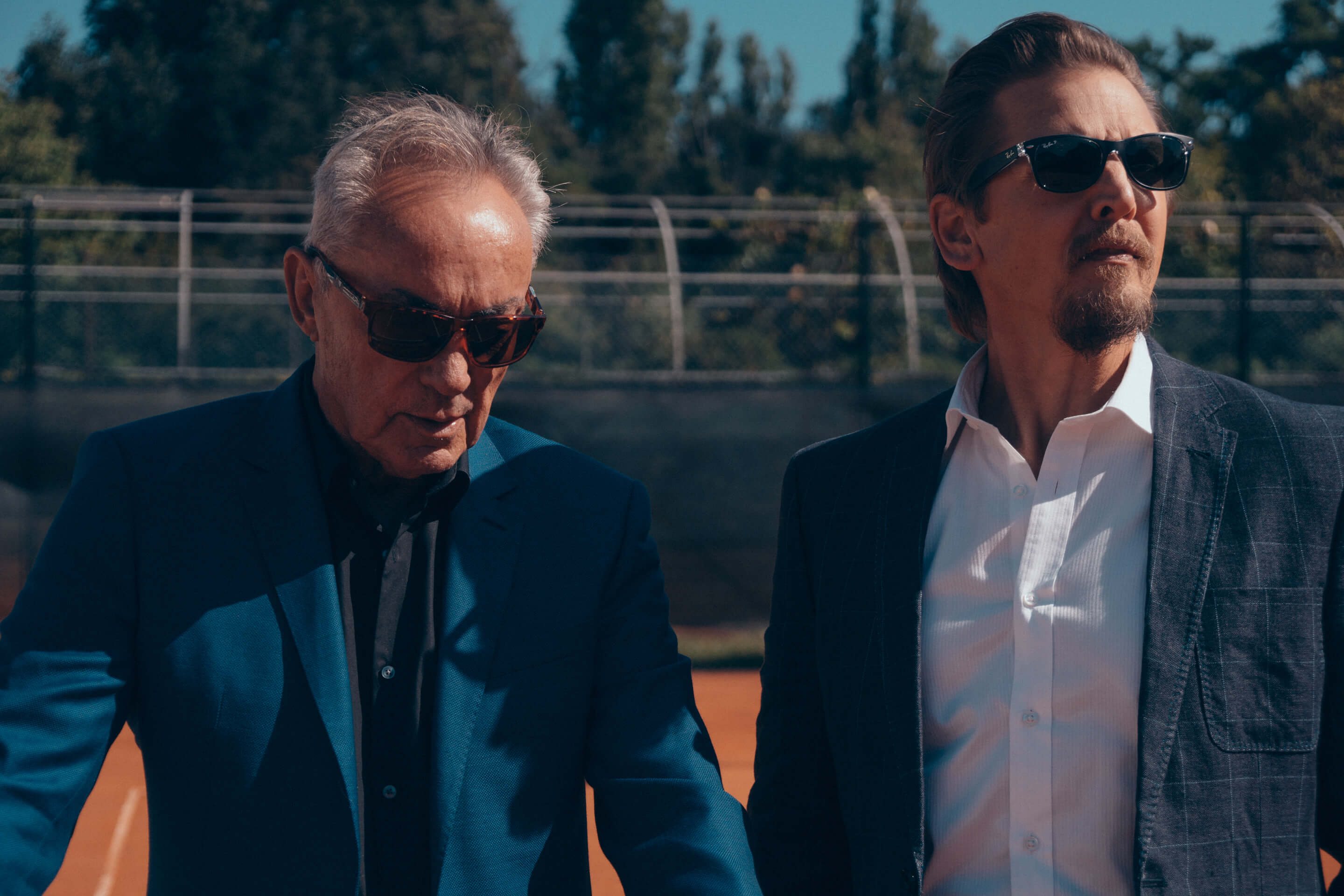
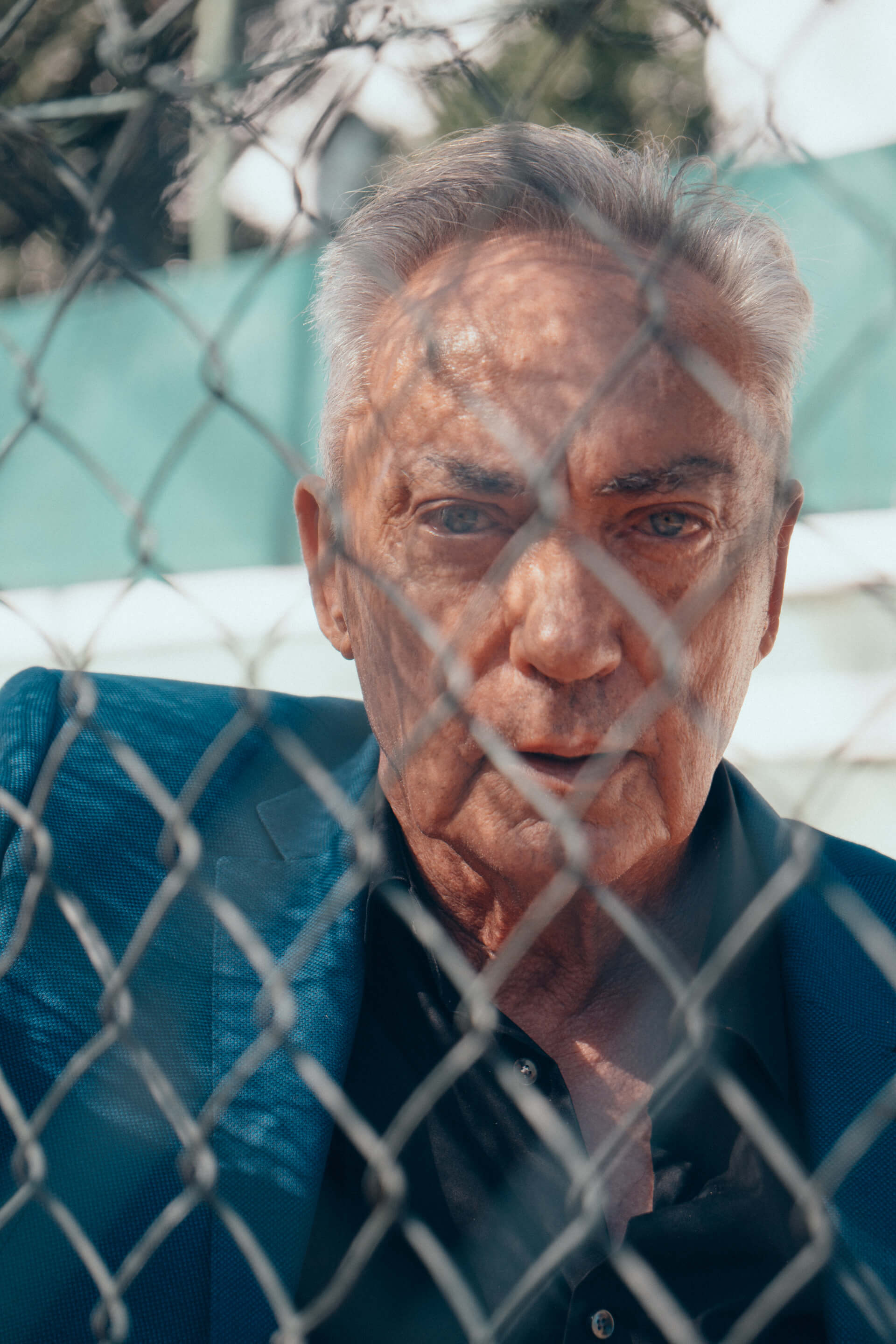
Barry, I don’t know if you can say that’s an act of love when your character gives the gun to the boy, he gives it to him to protect him.
_______________
U: Yes, of course, that’s why he gives him the gun.
B: As Udo said, we didn’t get to work with the other actors, it’s beautiful in a way how Václav presented these vignettes, we all came in and did our small piece almost as if we had blinders on what was going to come before and after. So, when I gave him the pistol, I had no idea, I mean I read the book, but I didn’t know those scenes or who’s the actor he’s going to use the pistol on. So, for me, the premiere was a revelation, I was like, “Oh this is what happens.” It was quite beautiful the way Václav scheduled everything. We never crossed over with Udo until we met for the premiere.
U: To get to the boy, for me, when I saw the film, also when I read the script, it’s very similar to my own life: I was born by the end of the war, in 1944, and growing up there was nothing to eat, almost everything had been destroyed, I was born in Cologne. And I tell people that today your generation doesn’t understand that I had cold water for 14 years in the wintertime to wash myself with and go to school. And once a week we were washed in a big metal tub and water had to be boiled, and by the time we got the water in the tub, it wasn’t warm anymore. People today, the generation of texting on the phone, don’t understand, for me, it was an assimilation, I didn’t know the war because I was a baby, but 10 years later I did understand, but the journey was basically the same but in a different way.
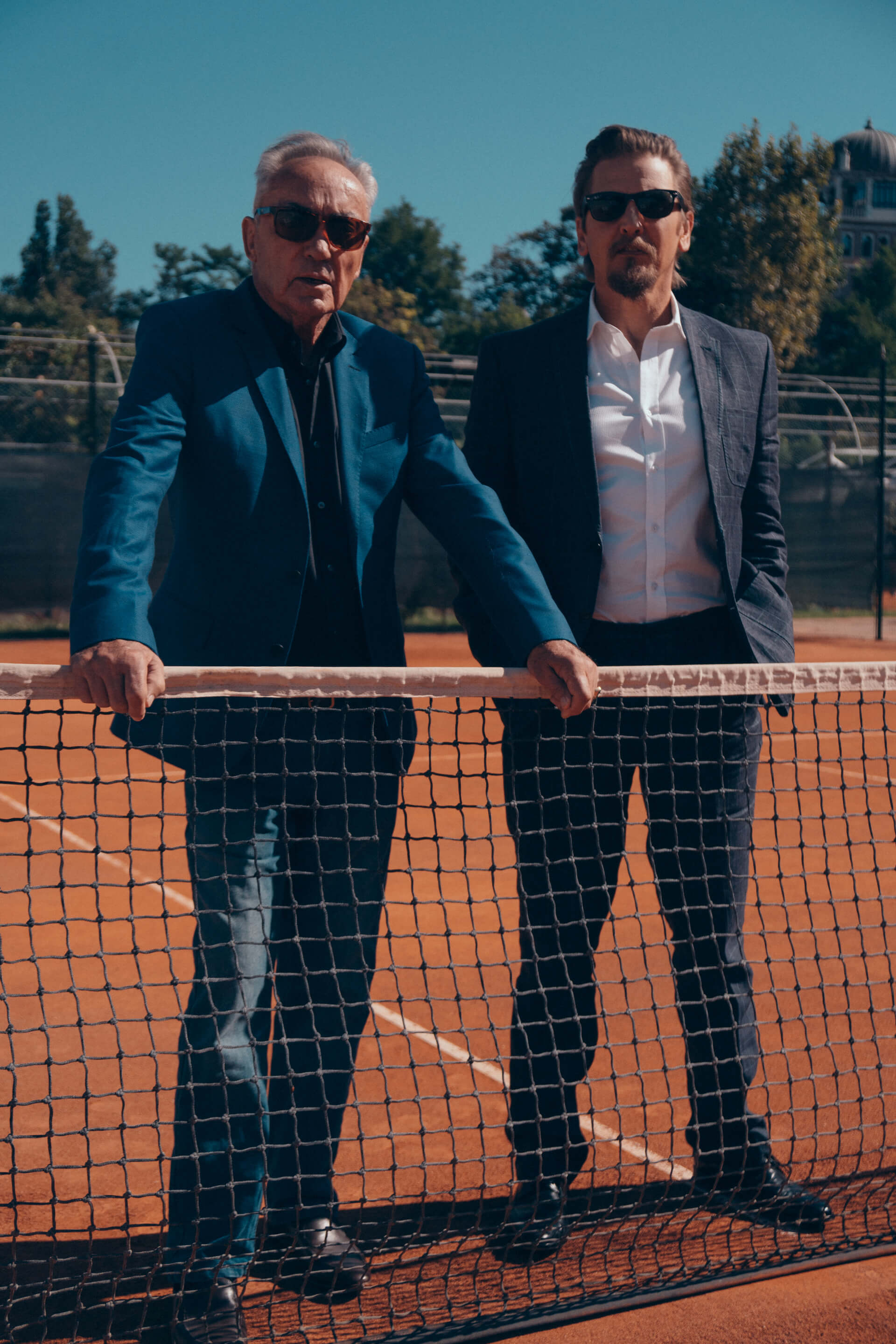
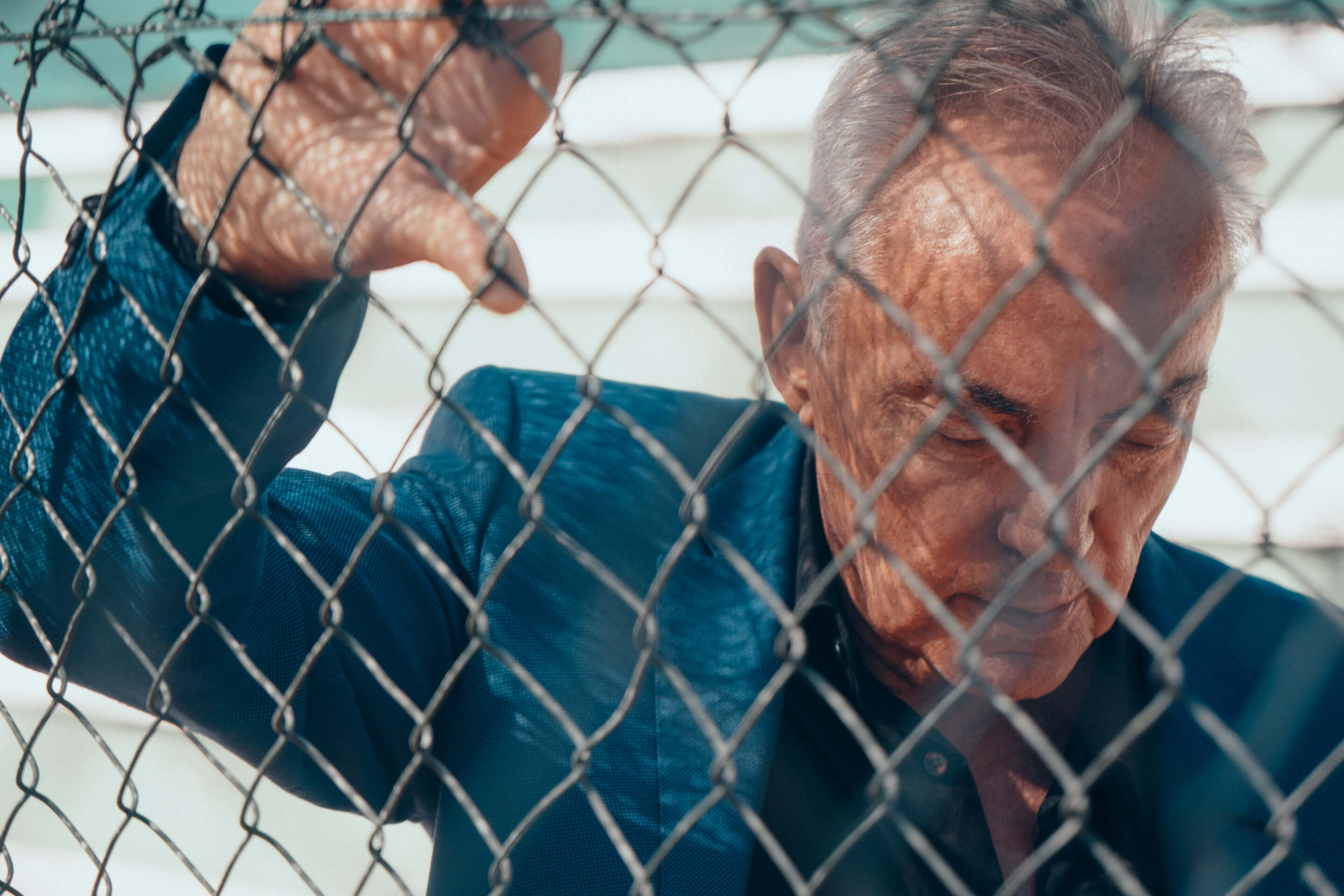
“…we all came in and did our small piece almost as if we had blinders on what was going to come before and after.”
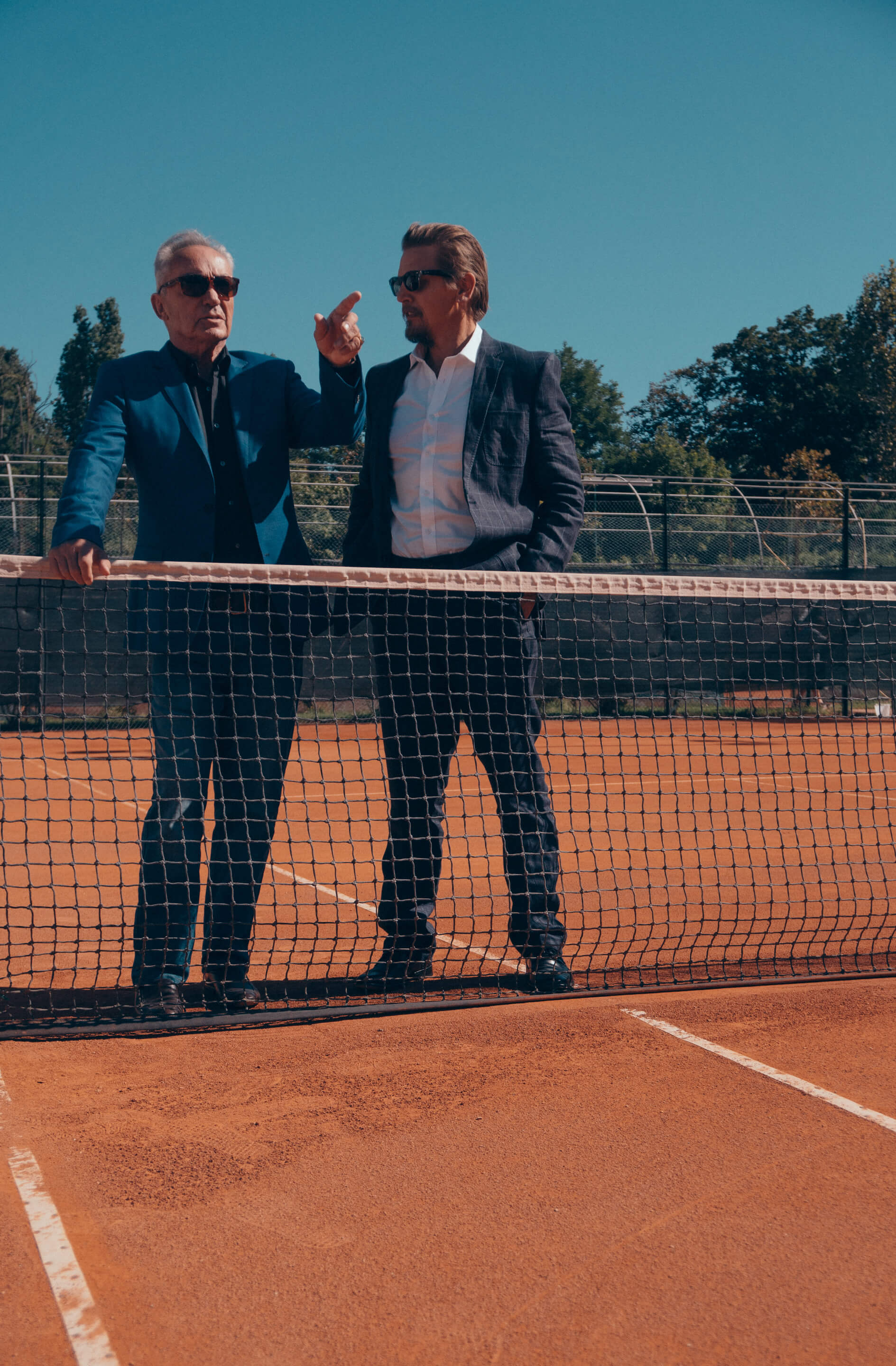
Your characters seem to convey every emotion through the wrinkles, a detail of the face, the way they move their eyes. What are the challenges of playing a character with almost no words?
_______________
U: I didn’t play, I had no makeup, I just had the script. I have a feeling that of all the actors, nobody plays in a way. I’ve worked for 25 years with Lars Von Trier and his favorite thing to say to actors is, and it doesn’t matter whether it is Lauren Bacall or Nicole Kidman, he says, “Don’t act!” And then they go, “Ah, I don’t act,” pushing their shoulder forward, and he says, “what’s with the shoulder? What did you just do? Just be there, you know your text, you know the situation.”
I didn’t act in the film at all: I know I’m jealous and all sorts of things happen. I knew it was in the script that I had to take the guy’s eyes out with a spoon and I had to give them to the cat. And it was really strong when I had to see it again, when the boy takes the eyes and you go, “argh.” It’s a very strong film and I’m very happy with it. I read this morning a few critics in America and they are all calling it a masterpiece. It’s difficult, but it is an amazing film, and if you think about how many years it took the director to get the film made. Václav had the power and the luck to get the rights of the book which was written in 1965.
B: The minimalism is represented in the movie in the way the boy is constantly processing. There’s almost a narration of his thought process throughout the book that you wonder: how is this movie ever going to get made? Because so much of it is contained in the way he’s taking in the world, in the way he’s seeing each of these people in his own cultural way, wondering, questioning “what is it that they are doing?”, interpreting it in their own childlike way. And you wondered how this is ever going to be done without narration, and yet, the dialogue is so minimalist throughout the whole thing, I think in the entire there are 9 minutes of actual dialogue.
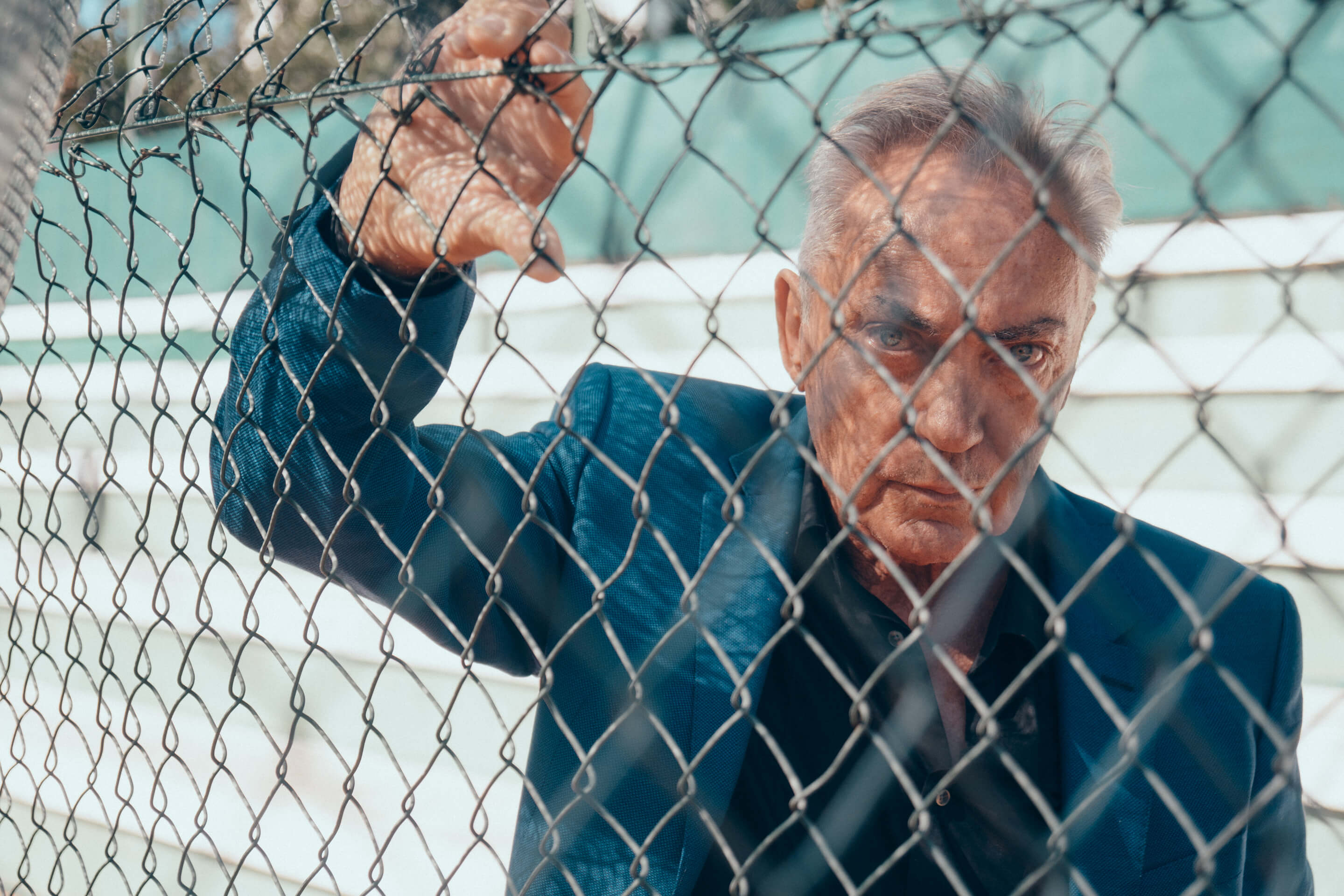
“I didn’t play, I had no makeup, I just had the script.”
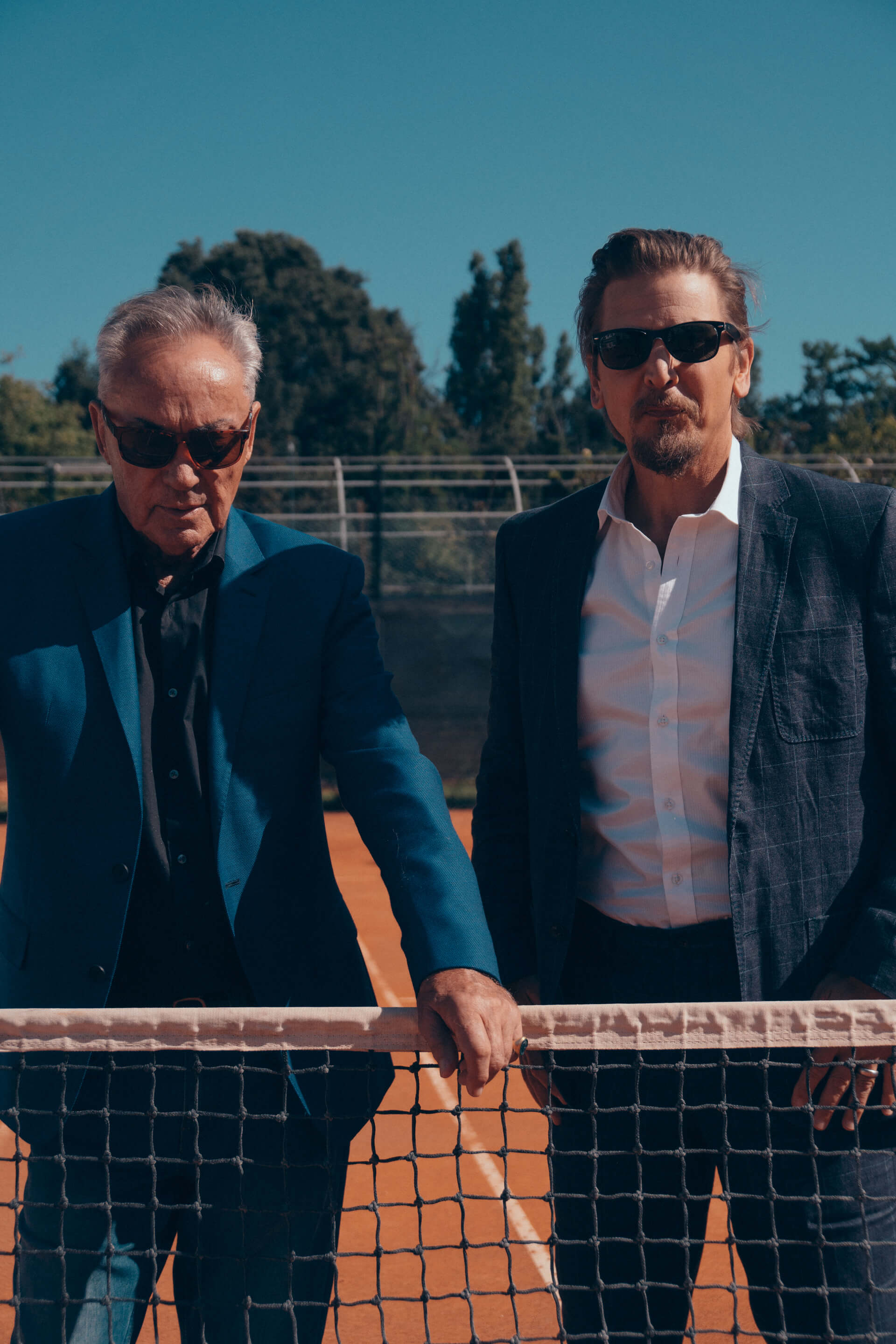
I didn’t realize that. When at the press conference, the director said that there are only 9 minutes of dialogue, I was like, “really?”
_______________
B: And think about the score. There is one Beethoven piece that the kid plays and that’s it. And so, we were of course informed by the novel, we knew that was going to be stark and minimalist, but then you arrive on set and of course the script is direct interpretation, but you arrive there and you see Peter Kotlár and the way he interacts with Václav and you realize how this is going to be incredible, just watching this boy so quiet and still.
U: And he was never told “now we do a close up,” you cannot tell to the boy “it’s now” because then he might get nervous, but he was in this concentration and in the right way all the time: I looked at him and I saw him watching me and I could see how he was processing the situation. He was on all the time. And I think that they shoot many things with only him for over a year.
B: It’s honestly amazing what he just physically endured as an actor alone: all the different weather conditions, climbing trees, and hiding. It’s unbelievable what he endured, and he never complained once when I was working with him and this was near the end of production when I came in and he was just such a good boy. And we just spent time together on set in costume, he never left, he never played with his tiny television, always in focus, it was beautiful. So, we just stayed in character together, we would take out our knives and whittle from sticks and things and just play games that would be of the time.
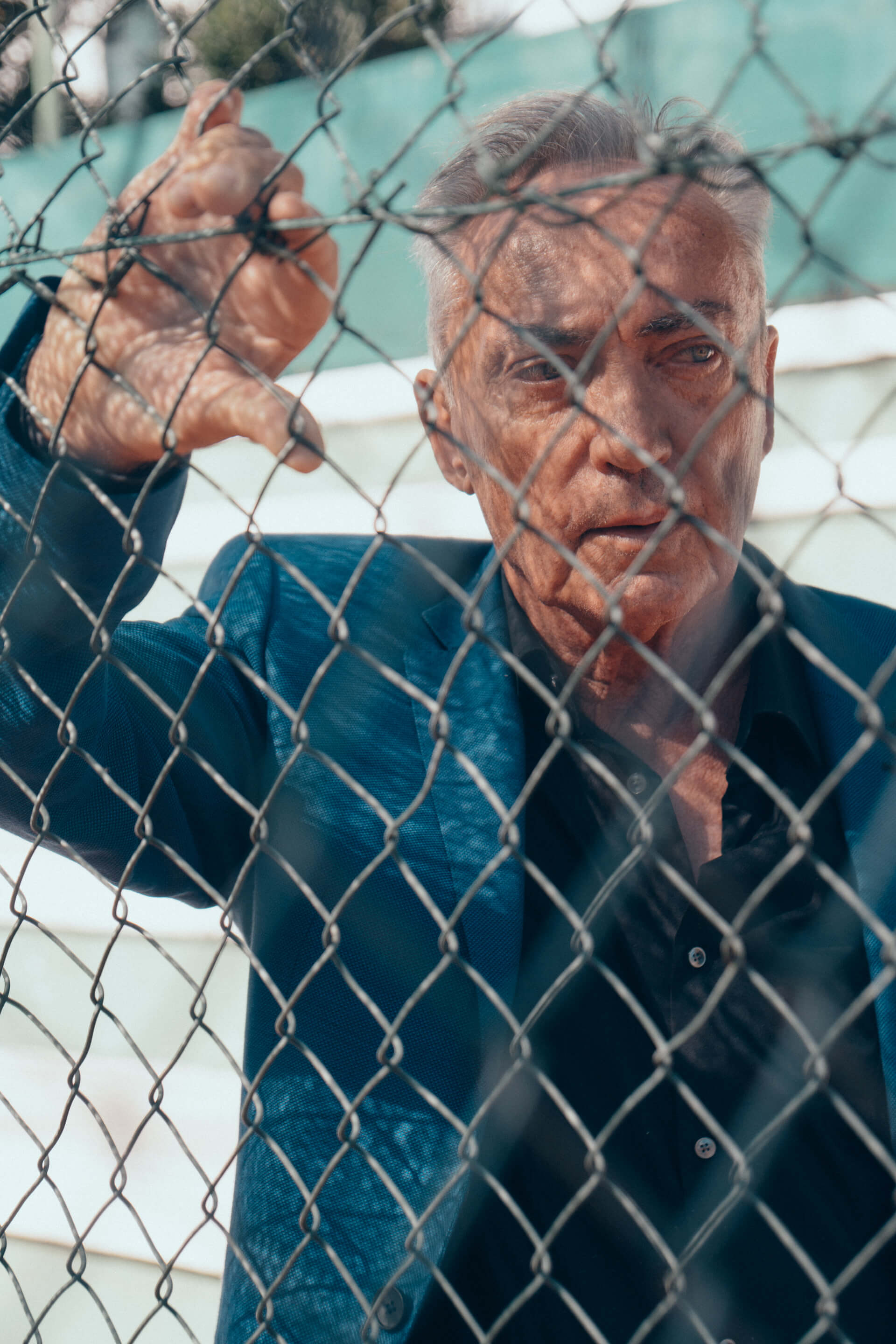
“…we just stayed in character together, we would take out our knives and whittle from sticks and things and just play games that would be of the time.”
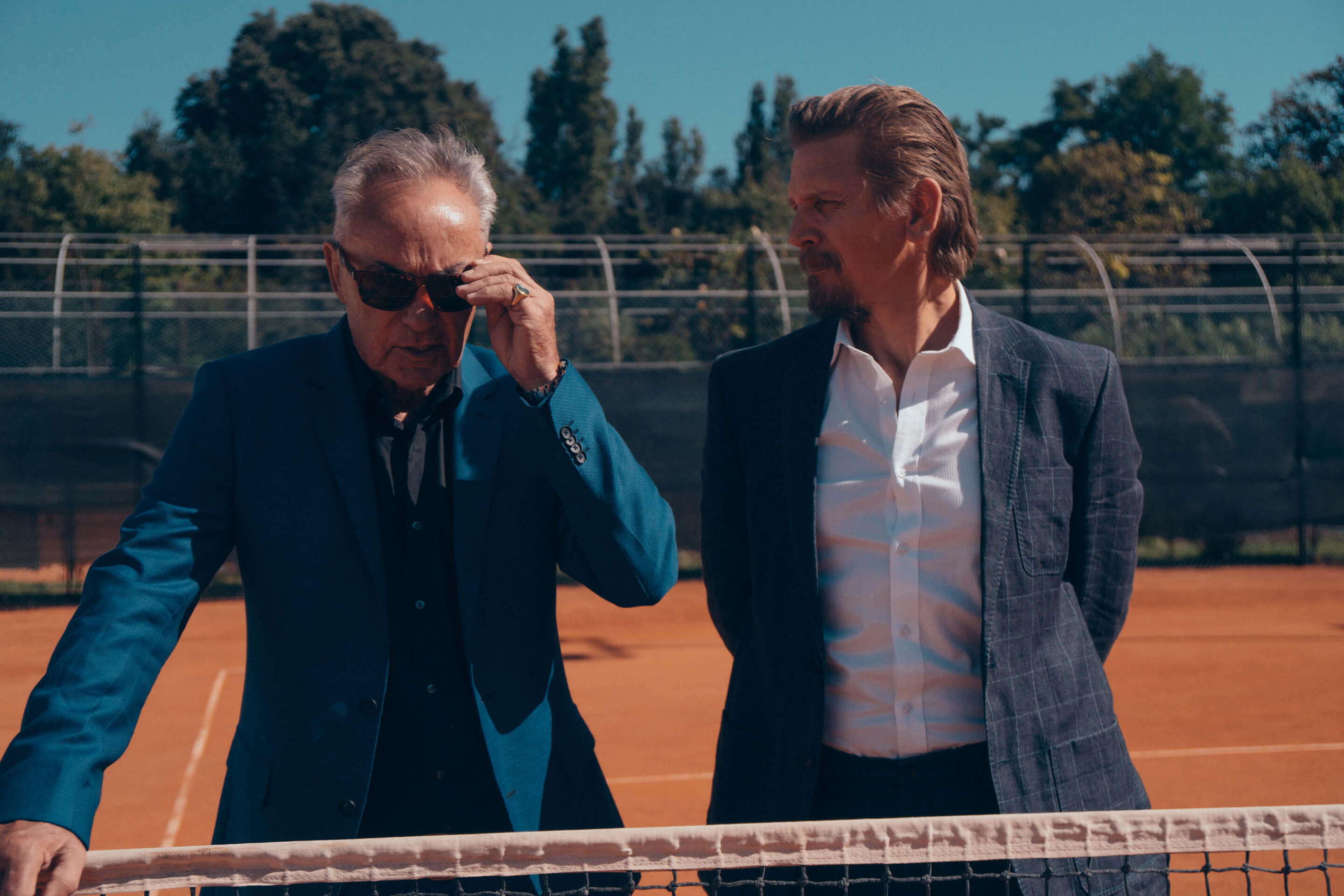
What’s your favorite scene?
_______________
U: My favorite scene was the one with the birds when they put the paint and let it go and you see more and more birds, and they kill the bird and it’s brought down.
B: And you realize “this is us,” this is the other, how we treat the other because if you are of a different race or ideology, you see today around the world the way that we sort of divide each other.
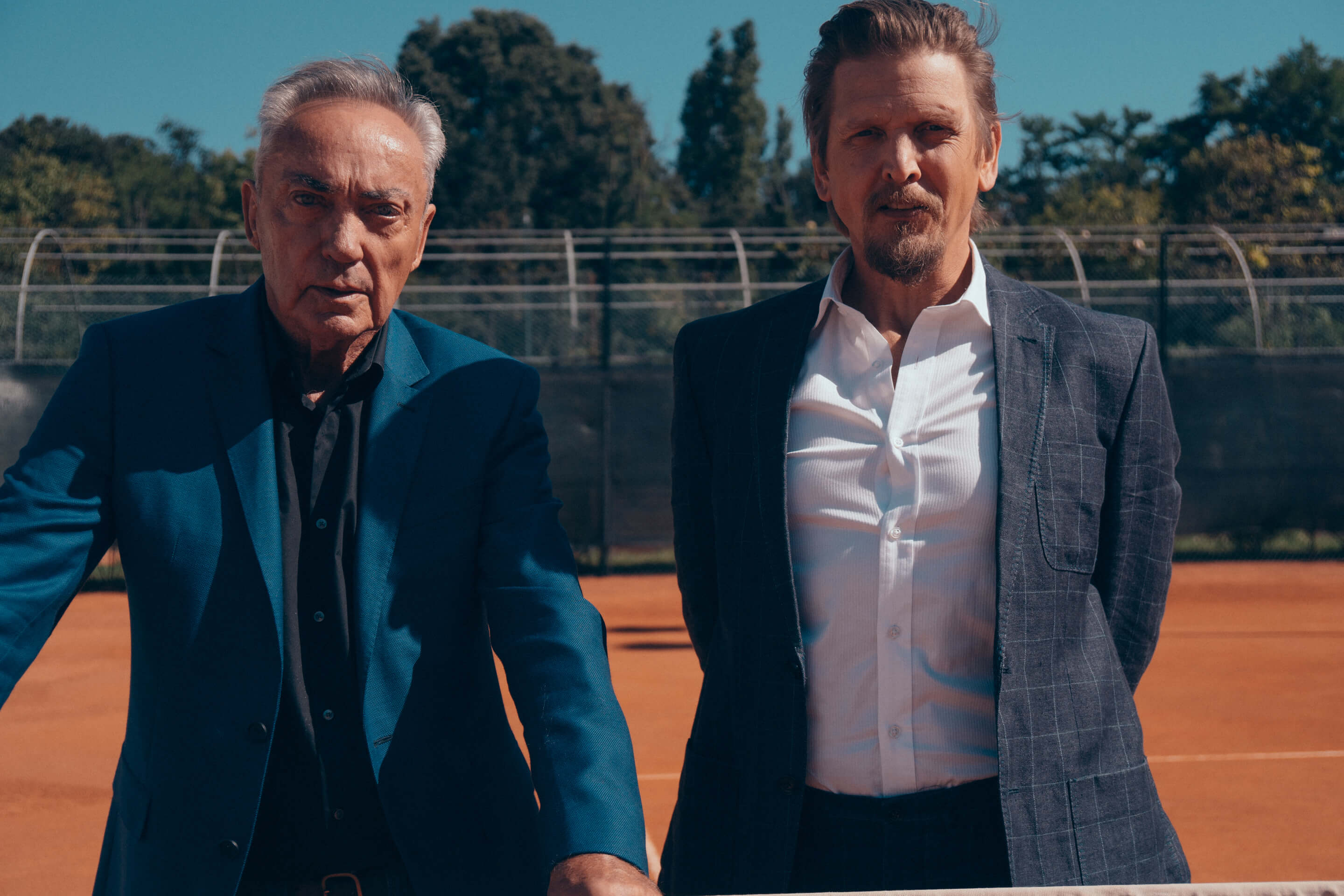
“And you realize ‘this is us’…”
Photos by Johnny Carrano.





